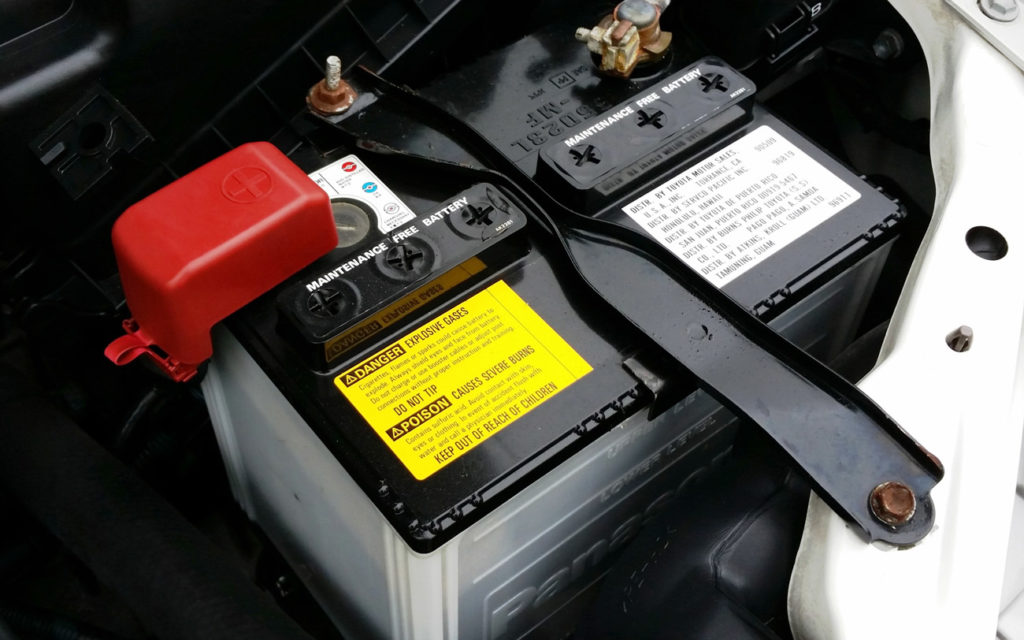When it comes to reliable functionality of your vehicle, you need a high-quality battery. The day will come when you need a battery replacement, and you want to speak knowledgeable to a customer service representative to get the best one for your car. Even though you could take advantage of free delivery on auto parts, it always comes in handy when you know precisely what your vehicle needs. Here are the basics of car batteries that will really help you out.
Terminology
Batteries as a whole have not changed much over the last few decades. Whether you are speaking to someone much older or much younger, these are the most basic terms you have to be familiar with.
- Age: You determine a car’s battery by the manufacturing date. You can find the date code stamped directly on to the battery label or case.
- Terminal: Every battery has a positive and negative terminal. Cables connect to these terminals, which allow currents to flow from the component to the vehicle’s engine and other accessories.
- Size: Size refers to the length, height and width of your vehicle. Not all batteries will fit in your car, so you have to measure.
Different Kinds of Batteries
When the time comes for a car battery replacement, you may have several options to choose from. There are dual purpose batteries, that are designed for vehicles that require both light deep cycling and cranking. It offers a great compromise between the other two options. Deep cycle batteries refer to the components that offer a steady flow of electricity over an extended period of time. They can provide you with a surge when necessary.
Lastly, you have cranking or starting batteries. They deliver a huge amount of charge over a short time. As soon as your engine starts running, the alternator takes over and gives your car all of the power it requires. As a result, your car’s total battery life never dips below 20% total capacity.
Basic Maintenance
You need to protect your car’s battery so that it continues to operate efficiently. Most batteries tend to last around five years, but with proper care, yours could last much longer. If you plan on keeping your vehicle in storage for over six months, then you need to protect the battery from freezing. When cold temperatures come, the battery freezes, which shorts out the plates. Your battery will no longer charge when this occurs.
You also need to watch out for corrosion. Over time, you may notice fuzzy stuff forming on your battery terminals, which is a product of electrolysis. Fortunately, prevention is simple. You can purchase anti-corrosion spray or felt pads to keep on the terminals. The trick here is that you want to keep moisture away from your battery and the associated cables.
With a little basic knowledge, you will know precisely how to care for your battery. Additionally, if anything happens to the battery when you are on the road, then you will know what to say to mechanics. When the time comes to replace your battery, contact your local auto parts shop to find its replacement.
To read more on topics like this, check out the technology category.

 2018 ·
2018 ·